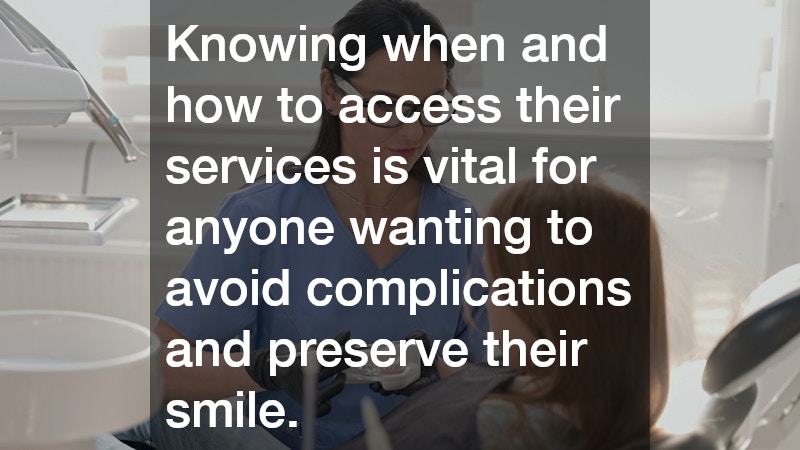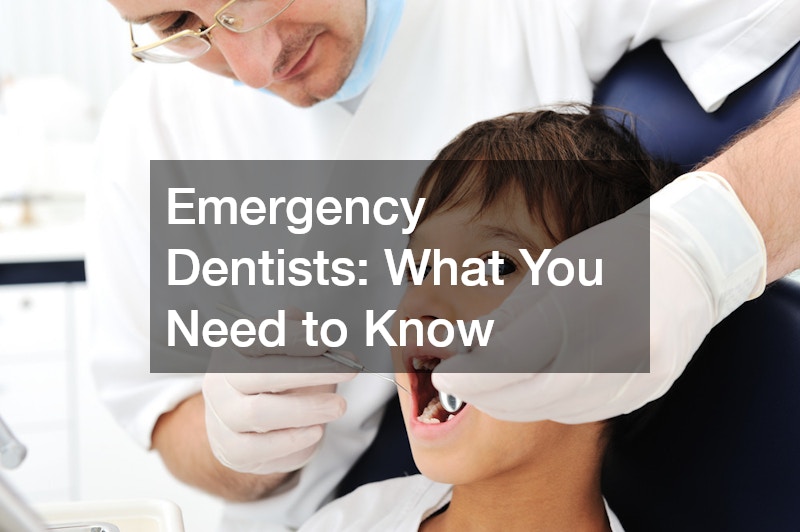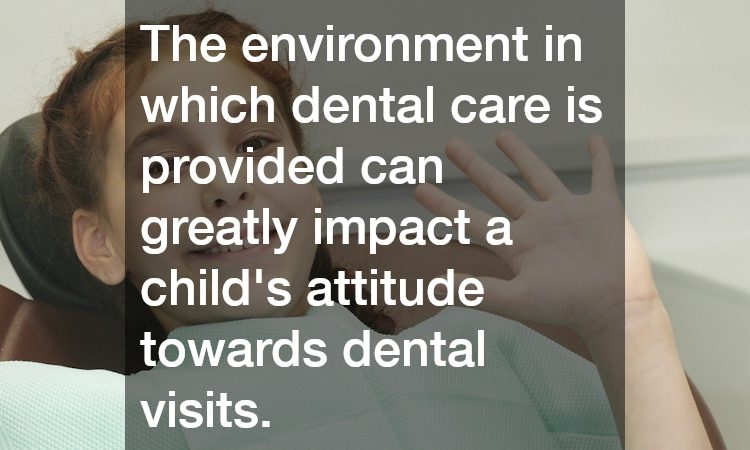Dental emergencies can strike unexpectedly, causing severe discomfort, stress and often panic. Whether it’s a sudden toothache, a chipped tooth from a sporting mishap, or a dislodged crown just before a special event, knowing where to turn in these moments is vital. Emergency dentists play a crucial role in offering rapid, effective relief and preventing minor issues from escalating into more complex oral health problems. Their specialised services ensure that patients receive timely care, even outside regular practice hours, which is especially important for preserving both oral health and peace of mind.
When to Seek Emergency Dental Care
Understanding when to seek out emergency dentists is key to addressing dental issues before they worsen. Not every dental problem constitutes an emergency, but certain conditions clearly require immediate attention. These include intense, unrelenting tooth pain, bleeding that doesn’t stop, teeth that have been knocked out, and infections that are accompanied by swelling and fever. These types of issues can significantly impact a person’s overall health and wellbeing if not treated promptly, as dental infections may spread to other parts of the body. By identifying symptoms early and contacting an emergency dental clinic, patients improve their chances of successful outcomes and prevent lasting damage.
Availability & Scope of Services
The nature of emergency dental services is designed to cater to urgent cases, often outside of regular business hours, including evenings, weekends and public holidays. This accessibility makes emergency dentists an essential resource for patients who experience sudden dental issues that cannot wait for a scheduled appointment. These professionals are equipped to handle a wide variety of situations with the appropriate tools, pain management techniques, and rapid treatment solutions. Whether the problem is restorative or involves oral surgery, they can deliver immediate care that alleviates discomfort and restores function.
Common Emergency Treatments
Emergency dental treatment may involve procedures such as draining abscesses, performing root canals, stabilising loose teeth, or repairing broken fillings or crowns. In some cases, a temporary fix may be provided with follow-up appointments scheduled for more comprehensive treatment. Emergency dentists understand the importance of balancing short-term relief with long-term dental health, and their services are tailored to meet the unique needs of each patient in distress. In many instances, they also collaborate with general dentists and specialists to ensure continuity of care and a smooth transition once the emergency has been stabilised.
Preventing Complications
One of the key benefits of accessing emergency dental care is the prevention of further complications. A minor tooth fracture left untreated, for example, could develop into an infection or even necessitate extraction if bacteria penetrate the pulp. By seeking immediate assistance, patients can often save their natural teeth and avoid more invasive treatments later on. Emergency dentists are trained to assess the urgency of a situation quickly, allowing them to prioritise treatments that can significantly influence outcomes. Their diagnostic capabilities, combined with a compassionate approach, help ease patient anxiety during what is often a stressful experience.
Emotional & Aesthetic Considerations
It’s also worth noting that dental emergencies can have a psychological impact, especially when trauma or pain affects a person’s appearance or ability to speak and eat. A chipped front tooth or severe gum injury can erode confidence and interfere with daily activities. Emergency dentists provide not only physical relief but also reassurance, helping patients regain a sense of normality quickly. Their empathetic care and professional guidance support emotional wellbeing during recovery, reinforcing the importance of fast and skilled intervention.
Being Prepared for a Dental Emergency
Planning ahead is one of the most effective ways to prepare for a potential dental emergency. Knowing the location and contact information of nearby emergency dentists can save valuable time when every minute counts. Patients should also be aware of what to do immediately following a dental injury. For example, preserving a knocked-out tooth in milk or saline solution and getting to an emergency dentist within 30 minutes can significantly improve the chances of reimplantation. Taking quick and appropriate action is often the difference between saving and losing a tooth.
Understanding the Costs Involved
Cost is another consideration when it comes to emergency dental care. While fees can vary depending on the severity and type of treatment, many clinics offer upfront pricing, and some accept health insurance or provide payment plans. Patients should check whether their current dental cover includes emergency services and understand any exclusions. Emergency dentists often provide transparent guidance about pricing and procedures, ensuring that financial concerns don’t prevent individuals from seeking the care they need in urgent situations.
Why Timely Dental Care Makes All the Difference
When a dental crisis occurs, swift and skilled care is essential to prevent pain from escalating and to safeguard long-term oral health. Emergency dentists provide a lifeline for patients experiencing sudden or severe issues, delivering professional treatment that alleviates discomfort and restores confidence. Knowing when and how to access their services is vital for anyone wanting to avoid complications and preserve their smile. With preparation and awareness, you can ensure that when a dental emergency strikes, you’re ready to respond effectively with the help of qualified emergency dentists.




